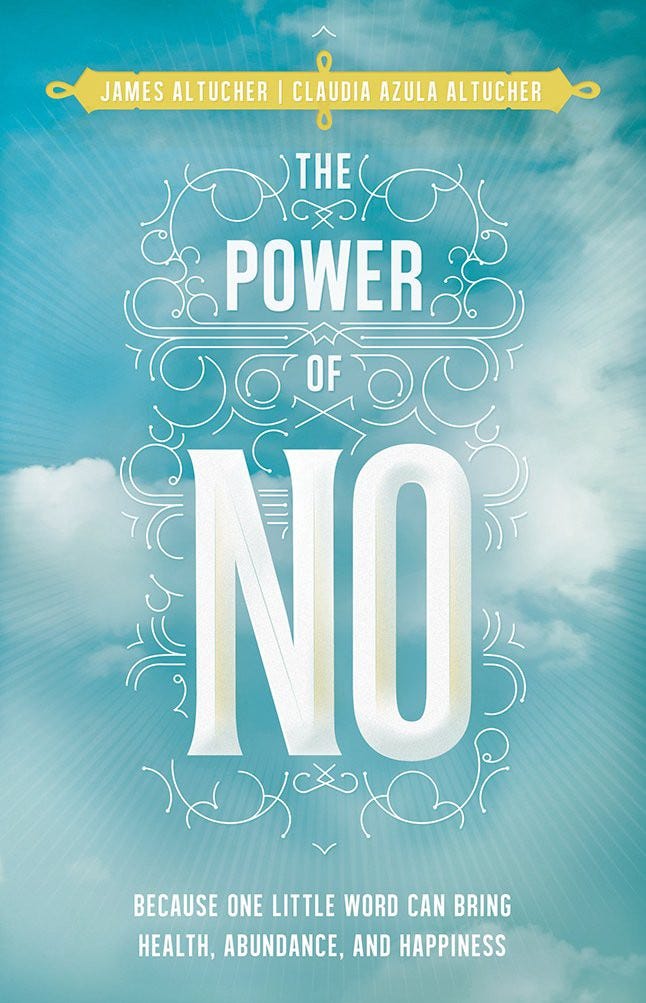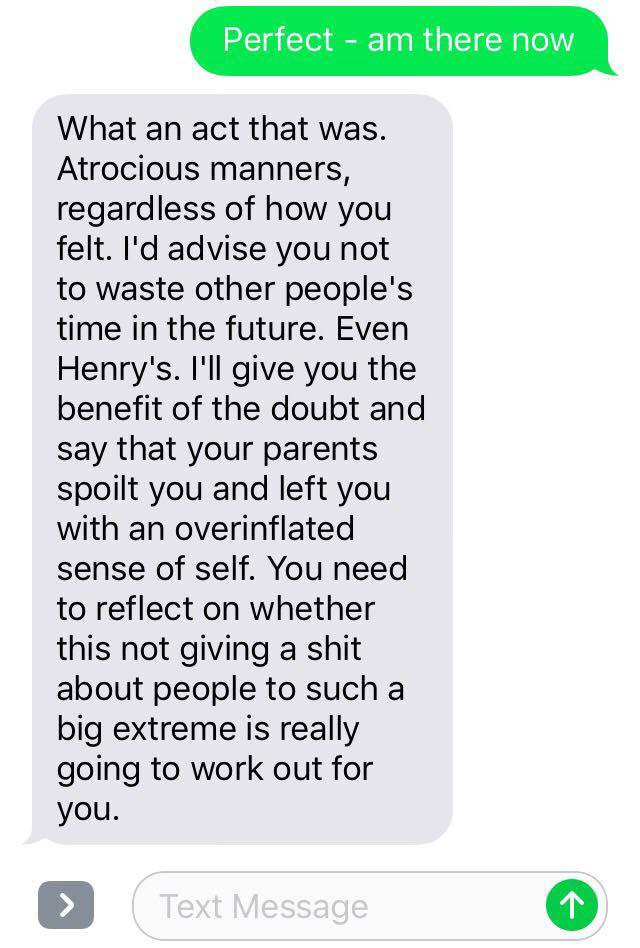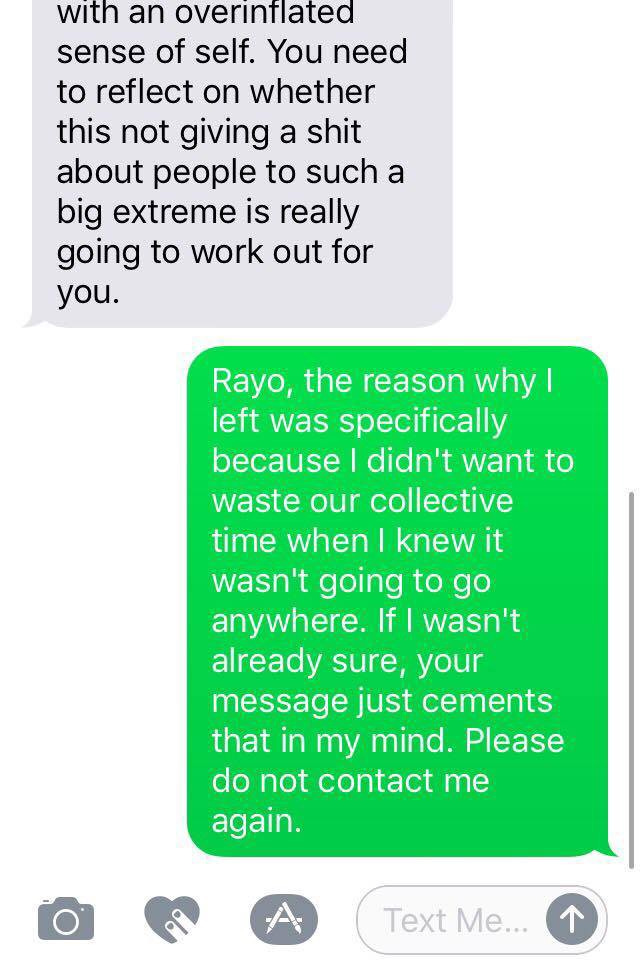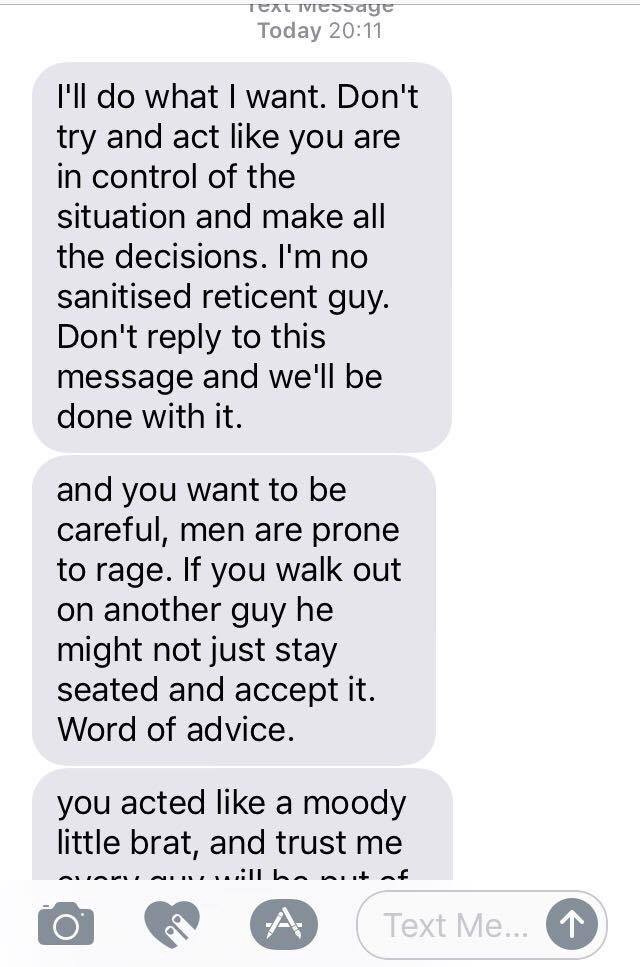The Power of No
Today, I started reading an incredible book.
Today, I started reading an incredible book.
It’s called The Power of No and it’s by James Altucher and Claudia Azula Altucher. I would highly recommend it.
That isn’t the point of this piece, though: this is not a book review.
This is a story about the power of [saying] no. And great power, as always, comes with great responsibility — and implications.
A quick life lesson
Power is implicitly threatening.
When you have power, people will try to take it away from you.
Do not let them.
This is not a “story”; this is the reality of my experience.
This is not a “story”; I am not alone.
The fact that, however inadvertently, my experience lends itself to supporting — and perhaps even embodying — the book’s philosophy is poignant and “true”, but nonetheless secondary.
As I said, this is not a book review.
But what of the book in question?
It speaks of the bravery of saying “no”; an act that requires you not merely to stand up for what you believe in, but something much closer to home: who you are and what you want.
Its 11-strong Bill of Rights are as follows:
1. You Have the Right to Defend Your Life
2. You Have the Right to Healthy Relationships and Real Love
3. You Have the Right To Use Your Talents and Allow Abundance Into Your Life
4. You Have the Right to Assert What You Want
5. You Have the Right To Choose What Stories You Believe In
6. You Have the Right To Take Your Time
7. You Have the Right To Be Honest, Above All, with Yourself
8. You Have the Right to an Abundant and Fulfilled Life
9. You Have the Right to Be Here Now
10. You Have the Right to Silence
11. You Have the Right to Surrender
Let us be clear: this is not about saying no for the sake of it.
This is about something far more fundamental: the “simple” act of being able to.
And so, I said no.
The story is predictable. (This is the 21st century)
I met a guy.
All too beautiful/interesting/hopeful… except I realised (almost) from the outset that we weren’t (at all) compatible.
I don’t believe in playing games, so I told him that I didn’t think it was going to go anywhere, thanked him for his time and left.
All so diplomatic, right? Honest, open, real — and, crucially, respectful.
In my eyes, he wasn’t — and isn’t — a bad person; it just wasn’t “meant to be”. There was no spark, no click, no connection — I felt nothing. From my perspective, I figure/d that the sooner one realises (and accepts) this, the better; in crude terms, it saves both parties time, energy and emotional investment — allowing them to use these resources more wisely.
However, he didn’t view it in these terms. My “no”, despite its clarity and non-judgemental tone, was an insult to his ego. Implicitly, it undermined his (toxic) masculinity — and with that, his power over himself, me and “the situation” in its entirety.
He responded badly.
I didn’t know how to respond, but decided to calmly re-state my position rather than rising to his bait.
If this had been it, I would stay silent. He/it/this is not worth my time, effort or energy — right? I mean, for God’s sake, I don’t even like the guy. Save the aggro for someone I actually have feelings for.
Perhaps unsurprisingly, he refused to respect my wishes.
I am a private person. I am not someone who airs my dirty laundry over social media. But, as with the #MeToo campaign, this is not about me. This is about proving a point. This is about making it clear what is and isn’t acceptable. This is about setting an example — to myself as well as to others.
He was angry.
He was hurt.
But that doesn’t excuse his response.
There are three (main) things that are wrong with this exchange:
He does not respect boundaries.
He does not respect women.
He refuses to respect that others can have thoughts, feelings and opinions that are different to his own. By implication, he refuses to accept that people are, and can be, different to him — and that this is not only “acceptable”, but valuable
What is not wrong with this exchange:
He told me that I’m a moody little brat/undesirable
If he thinks that (or wants to think that), that’s cool. Whatever makes him feel better. He is entitled to his opinion.
2. His final comment is the fact that he is ‘more intelligent that me’ [sic].
Because, of course, intelligence is “all that really matters”.
Not striving to be a basically good human being, who treats others as s/he wishes to be treated, and themselves as they would their loved ones.
Not empathy, openness, and the desire to better oneself and the world around you.
Just bog-standard numbers-oriented “intelligence” — whatever that means. (Because, of course, there is no single — or definitive — way of measuring such a thing.)
It’s okay, though. I’m okay with him being more intelligent than me.
If this is what intelligence entails, then thank f*** I’m stupid.





